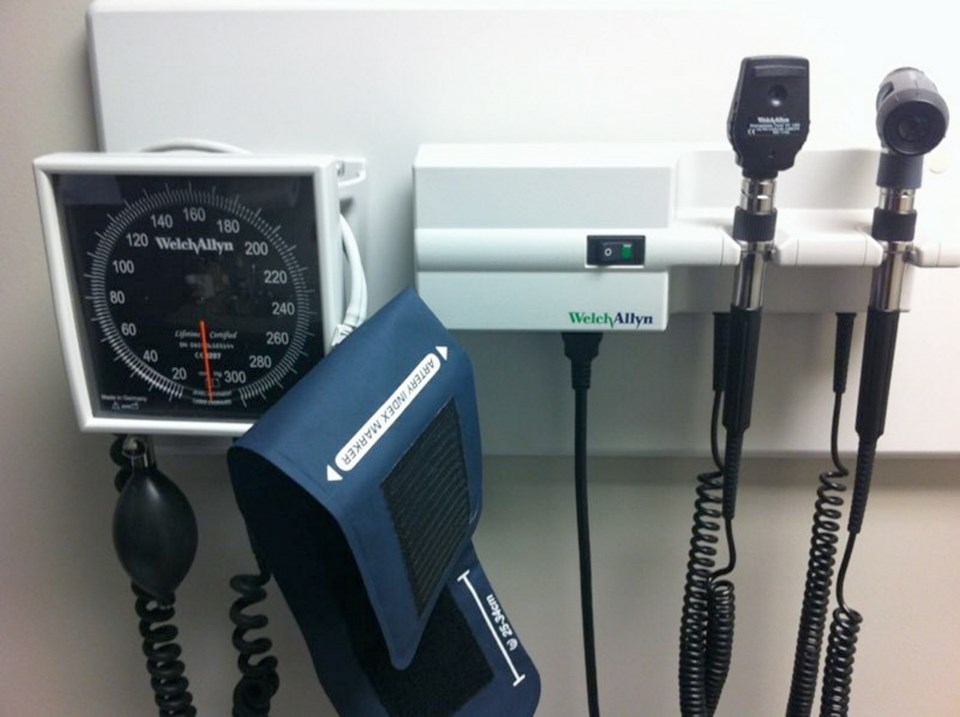Seniors in care homes with severe symptoms of COVID-19 are given the option to go to hospital for life-saving interventions, but most decline, says B.C. provincial health officer.
“They are offered hospitalization and the full spectrum of care if they want,” said Dr. Bonnie Henry.
Henry was responding to questions about a March 23 letter sent by health officials in Ontario to long-term care homes. The letter was obtained by Global News.
The letter suggests seniors in nursing homes should be kept comfortable if they contract the virus and not taken to hospital, as there’s little that can be done beyond comforting measures.
“Our critical care colleagues are of the strong opinion that ventilator treatment will not make a survival difference to patients who are frail and ventilator support is very unlikely to be offered,” says the letter, written by Dr. Allan Bell, a medical director and chief of emergency medicine at Quinte Health Care in Belleville, Ont.
It continues: “For those residents who go on to develop respiratory failure, care needs to focus on the provision of comfort to ease suffering at the end of life.”
Henry said the practice in B.C. is to confer with seniors and their families about their expectations regarding care.
“It’s a challenging conversation many families are having right now about advanced directives, about understanding what their loved one wants should they become ill,” she said.
“For the most part, people are not being transferred to a hospital, though in some cases they certainly have and they are offered all the aspects of care that they decided.”
Seventy-two people in B.C. have died of COVID-19, including 47 from long-term care or assisted living homes. Twenty-one facilities have outbreaks affecting 165 residents and 124 staff.
There have been no reports of outbreaks in long-term care homes on Vancouver Island.
Henry said B.C. health care workers are guided by an ethical framework based on the foundation that “all lives are created and seen as equal.”
Part of the framework, still in development, is objective criteria about people’s ability to recover, and in that context, who would receive certain resources — such as ventilators — should they become scarce.
“We are not in that position, we have not had to invoke the measures we would consider around allocation of scarce resources at this point,” Henry said.
The province says it has implemented measures to prevent further outbreaks at care homes, including regular testing for respiratory viruses, enhanced hand-washing and cleaning practices, and restrictions on visitors.
Las week, Henry made official an order limiting health care workers and staff at all public and private facilities to working at a single long-term care or assisted living home. The move is meant to lower the risk of transmitting COVID-19 between sites.
The single-site transition agreement affects about 4,200 workers, involves 50 to 60 collective agreements, and will cost the province about $10 million a month to ensure workers don’t lose pay or hours, Health Minister Adrian Dix said.



